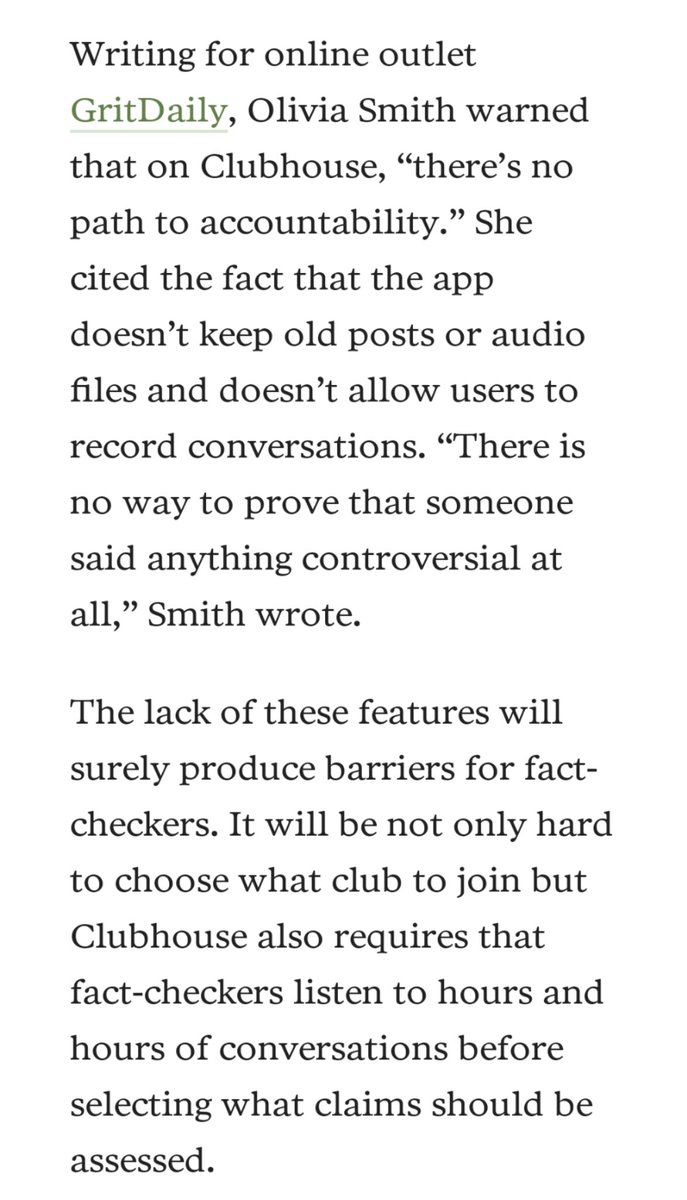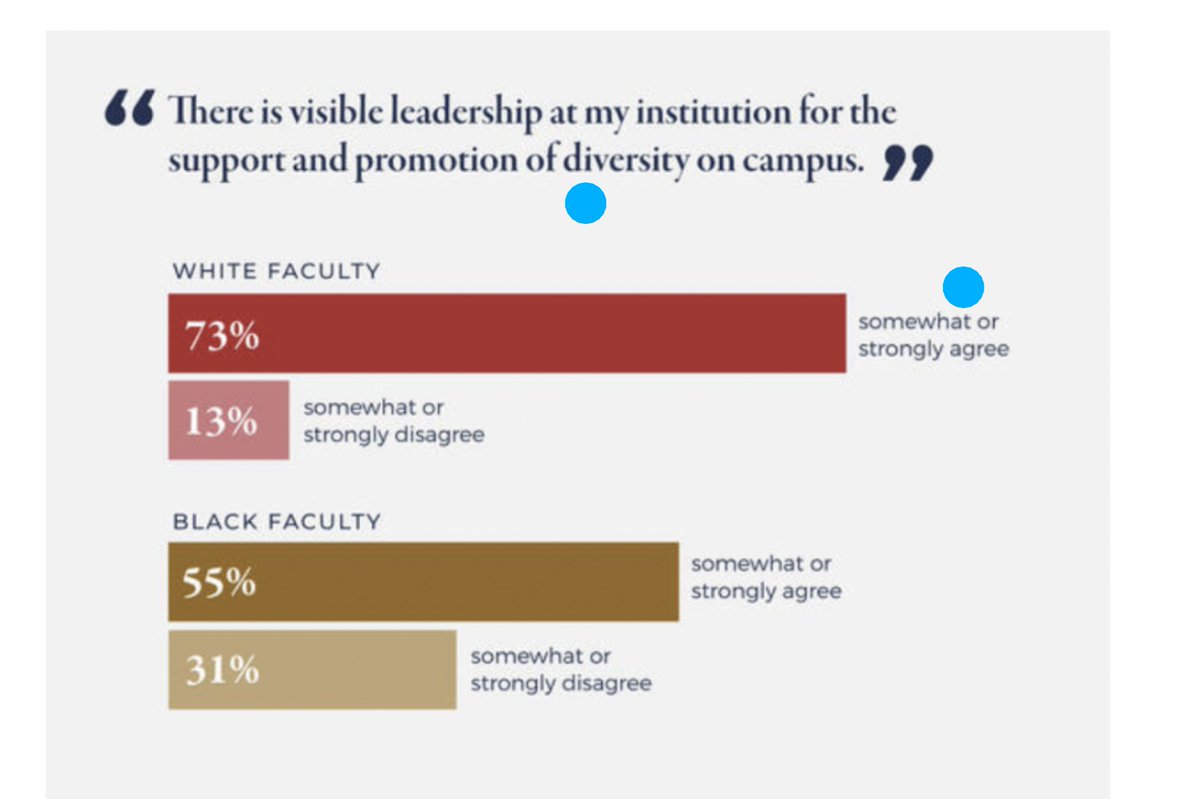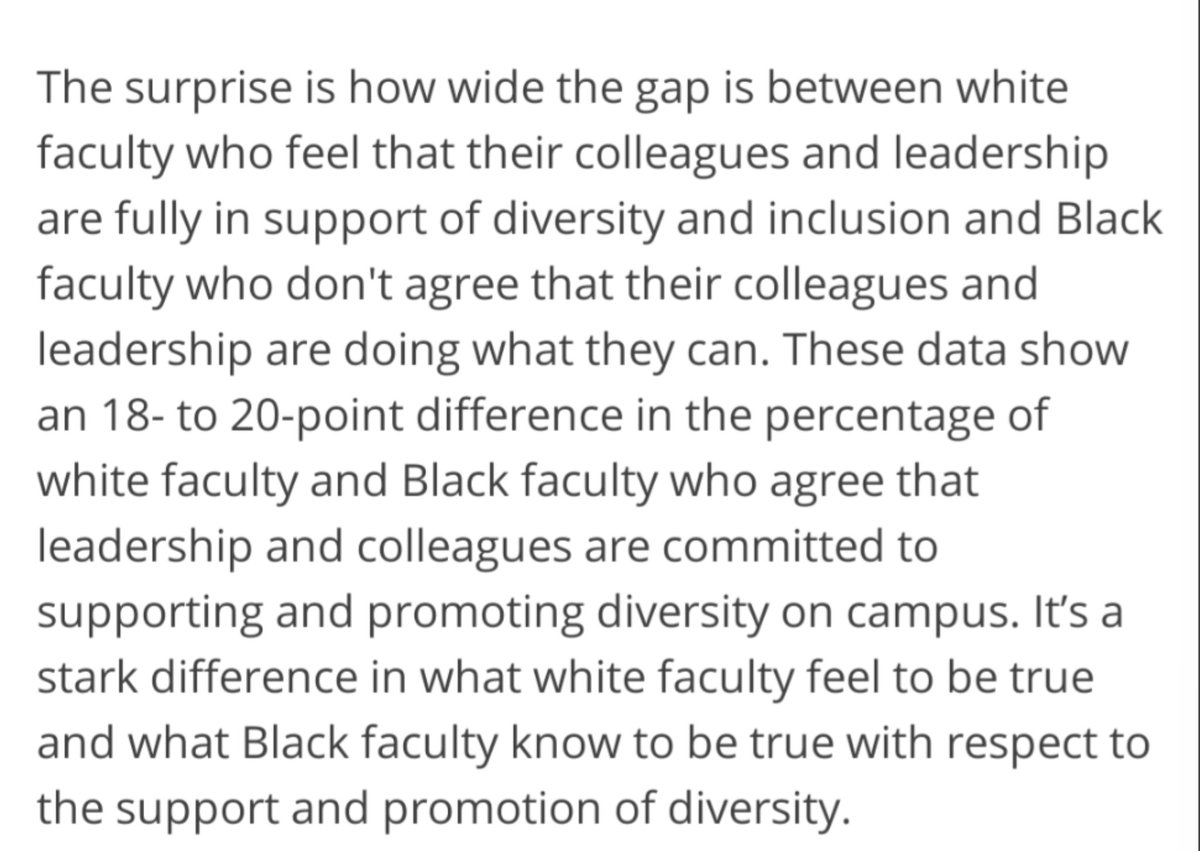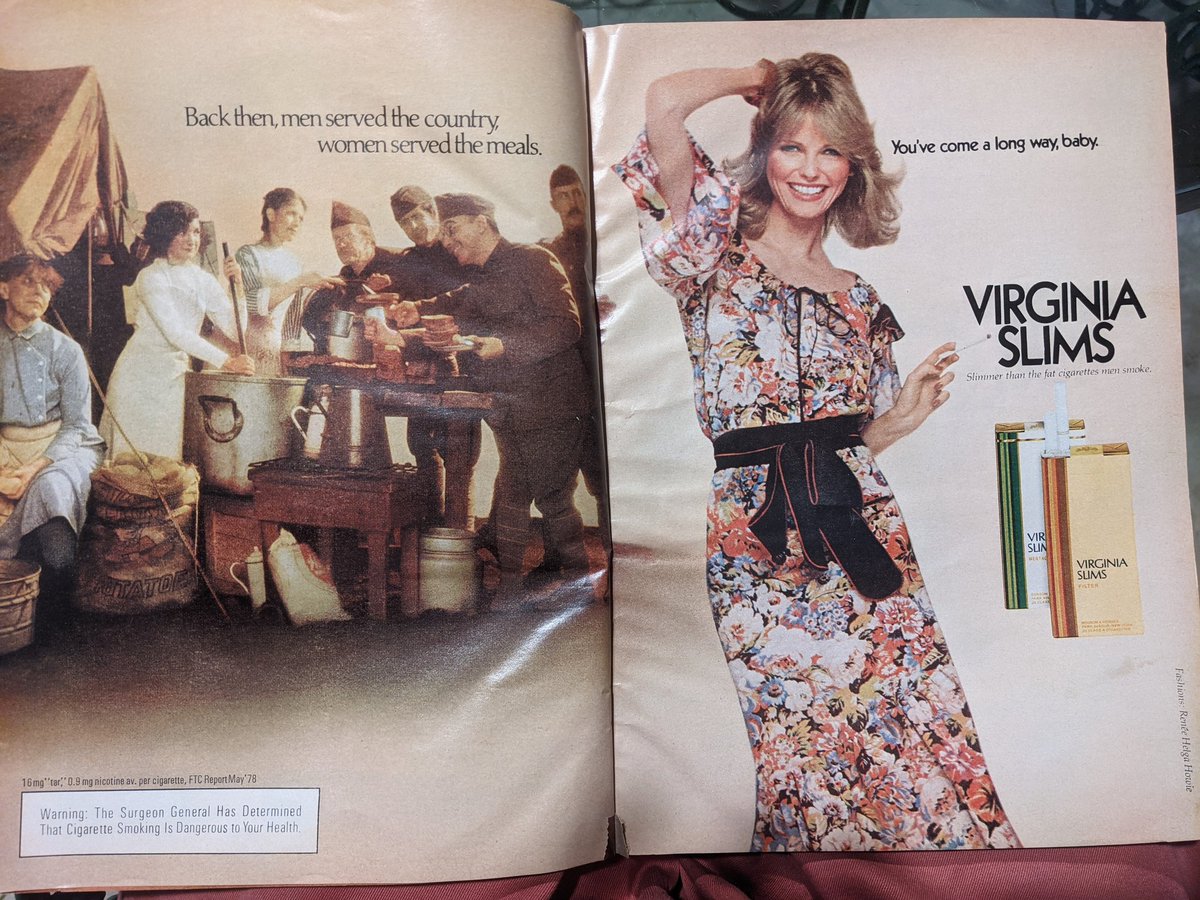
This article is full of claims with premises I do not share. 1/
https://twitter.com/NiemanLab/status/1359934480417501185
How did it arise, this new premise that whenever people converse with one another there needs to be a "path to accountability"? And why wouldn't fact checkers have to decide what facts to check? The implicit expectations here are just so bizarre.
Finally, notice how the call to record conversations and keep old audio would function: if "problematic" content with the potential to do "harm" was spoken, an archive of recordings would allow it to spread to many more people, right?
This is a little-noticed aspect of speech policing: there are people who insist merely hearing a given speech act causes harm to listeners upset by it... who intentionally try to make that very act go viral, exposing lots more people to it, and thus ostensibly spreading harm
Now I am going to have lunch with my parents and talk about the latest Covid info. We won't be recording and no fact-checkers will be present. What edgy, dangerous lives we lead.
• • •
Missing some Tweet in this thread? You can try to
force a refresh








